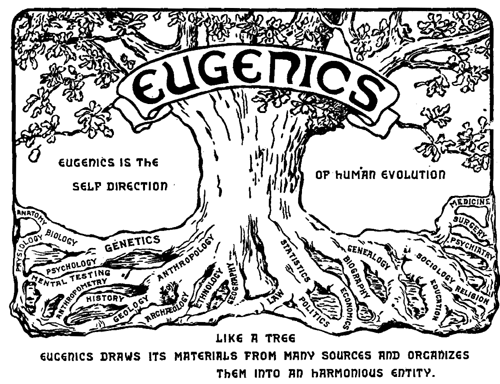Just the other day I was turning over the pages of Music in the Air: The Selected Writings of Ralph J. Gleason, when I realized that he quotes Shaw twice in two different articles: one about blues guitarist and singer B.B. King and another on Jazz trumpetist Louis Armstrong. On both occasions, the quotations read more or less the same, something along the lines that "anybody can make a beginning."
Although no source is provided -and the wording is slightly different- in either case, I thought these words were likely to come from one of Shaw's critical pieces on music. Bingo!
The first volume of Music in London (1890-1894) contains an article dated 9 December 1891 in which he criticizes another form of "bardolatry" during Mozart's centenary. As he says in the second paragraph, "The word is, of course, Admire, admire, admire." But Shaw refuses to simply please his readers and remains aware of the fact that many Mozart
"...worshippers cannot bear to be told that their hero was not the founder of a dynasty. But in art the highest success is to be the last of your race, not the first. Anybody, almost, can make a beginning: the difficulty is to make an end—to do what cannot be bettered."
This piece, because it includes Dickens among other artists who were the last of their generation, is also quoted in the introduction to Dan H. Laurence and Martin Quinn's Shaw on Dickens.
Although no source is provided -and the wording is slightly different- in either case, I thought these words were likely to come from one of Shaw's critical pieces on music. Bingo!
The first volume of Music in London (1890-1894) contains an article dated 9 December 1891 in which he criticizes another form of "bardolatry" during Mozart's centenary. As he says in the second paragraph, "The word is, of course, Admire, admire, admire." But Shaw refuses to simply please his readers and remains aware of the fact that many Mozart
"...worshippers cannot bear to be told that their hero was not the founder of a dynasty. But in art the highest success is to be the last of your race, not the first. Anybody, almost, can make a beginning: the difficulty is to make an end—to do what cannot be bettered."
This piece, because it includes Dickens among other artists who were the last of their generation, is also quoted in the introduction to Dan H. Laurence and Martin Quinn's Shaw on Dickens.
Needless to say, another thing that struck me - although it should come as no surprise - is that this jazz and pop music critic was indeed familiar with Shaw's music criticism. It amazes me to think of how influential Shaw has been and remains to be in so many fields and for so long.
But to return to the dichotomy of beginnings and ends in art, readers may wish perhaps to learn that this is not the only time that Shaw used the same rhetorical parallelism - although in a rather different sense and spere.
In his lecture "The Simple Truth about Socialism," included -among other works- in Louis Crompton's The Road to Equality (pp. 155-194), Shaw argues that "we must improve the nation if we are to improve its institutions"; in other words, that we must strive to produce the "Superman" before attempting any profound socio-political reform. This idea, however, is not devoid of problems for
"The Eugenic Society feels quite sure, apparently, that it can make a beginning by at least breeding out tuberculosis, epilepsy, dipsomania, and lunacy; but for all we know to the contrary, the Superman may be tuberculous from top to toe; he is quite likely to be a controlled epileptic; his sole diet may be overproof spirit; and he will certainly be as mad as a hatter from our point of view. We really know nothing about him. Our worst failures today may be simply first attempts at him, and our greatest successes the final perfection of the type that is passing away. Under these circumstances there is nothing to be done in the way of a stud farm. We must trust to nature: that is, to the fancies of our males and females. No doubt some of the fancies are morbid; but they must all have some meaning: that is, some purpose; and the purpose must he in the main a vital one, or it would hardly have survived. At all events, that is the best we can make of the situation."
Given the previous opinion on what it means to "make a beginning," it seems quite clear that Shaw is renouncing eugenics at this stage -be it because it is immoral or impractical. Shaw's interest in and discussion of eugenics and its methods, however, are multifaceted, so I won't go beyond recommending the most recent book I know of that covers this topic: Bernard Shaw and Totalitarianism: Longing for Utopia.
This blog, alas, can only make a beginning.

No comments:
Post a Comment